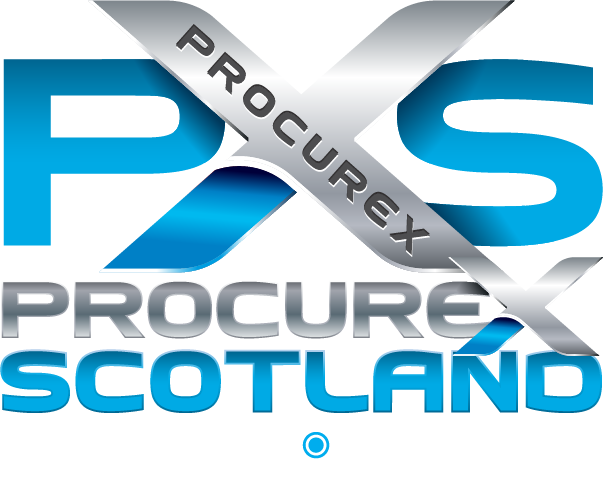The idea of social value in procurement has gained considerable attention in recent years and is changing how public procurement processes are handled. In the public and private sectors, procurement teams are now expected not only to procure the best value for money but also to deliver wider social, environmental, and economic benefits. Today, social value is recognised as a central factor in the awarding of contracts, with greater emphasis on how procurement decisions can benefit local communities, enhance environmental outcomes, and support sustainable growth.
Social value strategies are now integrated within UK procurement policies, which require central government contracts and public sector organisations to incorporate social value objectives in all purchasing decisions. The Procurement and Social Value Acts have institutionalised this approach by encouraging contracting authorities to incorporate social value criteria in the procurement process. This is changing how we think about value in procurement, removing the notion that value is just an economic metric and weaving social, environmental, and economic factors into the core of decision-making.
This article will explore why social value matters in procurement, how it can be effectively measured, and offer practical strategies for maximising its impact across the procurement process.
Defining Social Value in the Context of Procurement
Social value in procurement refers to the wider social, economic, and environmental benefits that public bodies’ purchasing decisions can generate. It is the process of considering not only the financial cost of goods and services but also the impact that procurement decisions have on local communities, the environment, and society.
The Social Value Act (2012) was instrumental in bringing social value into public procurement, specifically public sector procurement. In this framework, contracting authorities must consider how the goods and services they procure will contribute to broader social value objectives. These include promoting local employment, supporting small businesses, advancing environmental sustainability, and combating climate change. Moreover, the duty of public sector equality requires procurement decisions to be made to reduce societal inequalities and promote inclusivity and fairness.
Consequently, a social value model is necessary for directing procurement teams through the process, guaranteeing that the intended social value deliverables are measurable and achievable.
Why Social Value Matters in Procurement
Social value shifts procurement from focusing solely on price to considering long-term societal benefits. It supports objectives like community well-being, environmental protection, and economic sustainability. Integrating social value helps create lasting positive impacts, such as local job creation and environmental sustainability, aligning procurement with broader social goals.
Supporting Social, Economic, and Environmental Goals
Social value has become a cornerstone of public procurement, particularly as the focus shifts from achieving the lowest cost to securing the most advantageous tender in terms of both price and social impact. Public sector buyers and contracting authorities can align their purchasing power with broader social goals, supporting community development, environmental protection, and economic sustainability by considering social value objectives in procurement decisions.
For example, procurement decisions that prioritise local businesses can contribute to the local economy by creating employment opportunities and fostering skills development within the community. Similarly, procurement processes that include environmental benefits help to address the urgent need for climate change mitigation by prioritising green technologies and sustainable practices.
Benefits for Communities, Businesses, and the Public Sector
Integrating social value into procurement has many benefits for all stakeholders. By embedding social value into local authorities’ purchasing practices, they can make a real difference to the communities they serve. Initiatives that create jobs, improve public services, and improve environmental outcomes all contribute to creating a more sustainable and resilient society.
From a business perspective, social value goals present new opportunities for social enterprises and small businesses. Social value initiatives ensure that these organisations have a fair chance to compete for public sector contracts, promoting innovation and strengthening the supply chain. Social value in procurement is an essential tool for public sector organisations to deliver long-term value, not only in financial savings but also in positive social impact.
Measuring Social Value Impact
Measuring social value involves frameworks like TOMs and SROI to assess social, economic, and environmental outcomes. By setting clear performance indicators – such as job creation or environmental reductions – procurement teams track progress, ensuring that social value commitments are met and making adjustments when necessary.
Key Metrics and Frameworks
Contracting authorities need to rely on a combination of frameworks and methodologies to ensure that social value in procurement is effectively measured. The TOMs framework (Themes, Outcomes, and Measures) is one such tool that breaks down social value into clear and measurable themes. By defining specific outcomes and assigning measurable indicators to each theme, the TOMs framework helps procurement teams track and assess the social impact of their purchasing decisions.
Likewise, the Social Return on Investment (SROI) framework offers a way to calculate the social, environmental, and economic value created by a procurement contract compared to its cost. This enables procurement teams to measure social value and make decisions that would not have been made in a classic cost-benefit analysis.
Tools and Methodologies for Tracking Impact
To track social value progress effectively, contracting authorities must use a combination of key performance indicators (KPIs) and evaluation criteria that align with the social value strategy. By setting clear social value deliverables and regularly assessing performance against these goals, procurement teams can ensure that social value commitments are not only met but also exceeded.
KPIs such as the number of jobs created, the reduction in carbon emissions, or the volume of sustainable materials sourced can be used to track local employment opportunities and environmental well-being. Procurement teams need to report on these outcomes regularly so that their strategies can be adjusted as necessary to ensure continuous improvement.
Maximising Social Value in Procurement
Social value must be embedded in procurement strategies, tender documents, and award criteria for the greatest impact. Clear communication with suppliers encourages supplier alignment with social value goals and innovation. Balancing cost-effectiveness with social impact is the key to lasting positive outcomes and financial efficiency.
Embedding Social Value
Social value should be embedded in every aspect of the procurement process, from the contract development to the awarding of the contract. To do so requires a shift in thinking from procurement teams and suppliers. Instead of simply seeking or creating the best deal, contracts need to focus on their overall social, environmental, and financial impact.
The Procurement Act requires contracting authorities to evaluate social value throughout the procurement process to ensure that social value obligations are implemented from the start. Public sector buyers should establish clear social value criteria in tender documents and award criteria to ensure social value is a main consideration when evaluating bids.
Best Practices for Supplier Engagement and Contract Management
One way to prioritise social value in procurement is by communicating with suppliers, particularly during the early stages of the procurement process. The selection process should consider the supplier’s capabilities, price, and ability to meet social value criteria. Buyers and procurement teams can evaluate the potential social value of a supplier by assessing the strength of their social value model or reviewing their performance in implementing social value projects.
Effective contract management ensures that social value pledges are upheld throughout the contract’s lifecycle. Contracting authorities should routinely monitor the delivery of social value outcomes and consult with important stakeholders to assess progress and make any necessary changes.
Balancing Social Impact and Cost
A significant challenge in embedding social value criteria is cost. There has to be a balance between overall cost and ensuring social values are upheld. In some cases, social value can be dismissed in favour of choosing a more affordable option. In others, social value might be favoured in a contract with a disproportionately high cost. Procurement teams, especially in public procurement, need to balance positive outcomes and their budgets to ensure contracts have a positive impact while spending public money efficiently.
The minimum weighting approach can help ensure that social value is given appropriate consideration without overshadowing other important factors, such as price or quality. It is crucial that the cost is not the only consideration, as the true cost of procurement can be higher if social value criteria are not part of the decision-making process.
Challenges and Future Trends
Measuring social worth has certain challenges, including contradictory norms and a lack of standardisation. Emerging technologies such as artificial intelligence and data analytics may be able to improve real-time measurement capabilities. Collaboration between the public and commercial sectors, as well as social entrepreneurs, will drive further innovation and enhance the delivery of social value in procurement.
Common Obstacles
While the need for social value is growing in procurement, there are still several obstacles that need to be addressed. One major challenge is finding a consistent way to measure and quantify social value across various sectors. The lack of standardisation in social value standards may lead to confusion and irregularities in the definition and monitoring of social value outcomes. Another challenge is ensuring that suppliers fully understand the social value commitments and can deliver on them.
Emerging Trends and Innovations
Measurement techniques are influenced by continued innovation and improvement in technology. Buyers and procurement teams will be able to use tech like AI to improve how they track and assess social value in real time. This will allow them to provide more accurate and timely insights into the impact of procurement decisions.
There is also likely to be increased collaboration between the public and private sectors, with procurement teams working alongside social enterprises and local businesses to co-create social value solutions. This collaboration will help drive innovation and improve the delivery of social value outcomes.
The Evolving Role of Procurement in Driving Positive Societal Change
Procurement social value is no longer an afterthought. It is a core consideration for both public and private sector contracting authorities. The introduction of the Social Value Act and other relevant regulations ensures that procurement professionals, public sector buyers, and policy-makers are at the forefront of creating a more sustainable and inclusive future.
Measuring social value using frameworks like the TOMs framework and SROI can allow procurement teams to ensure that their decisions drive long-term positive impact. Additionally, procurement teams can make the most of social value from every contract by working with suppliers, establishing clear expectations, and considering cost efficiency alongside social impact.
As we look to the future, the continued evolution of social value measurement and innovations in procurement practices will ensure that public sector procurement remains a powerful tool for driving positive societal change.

